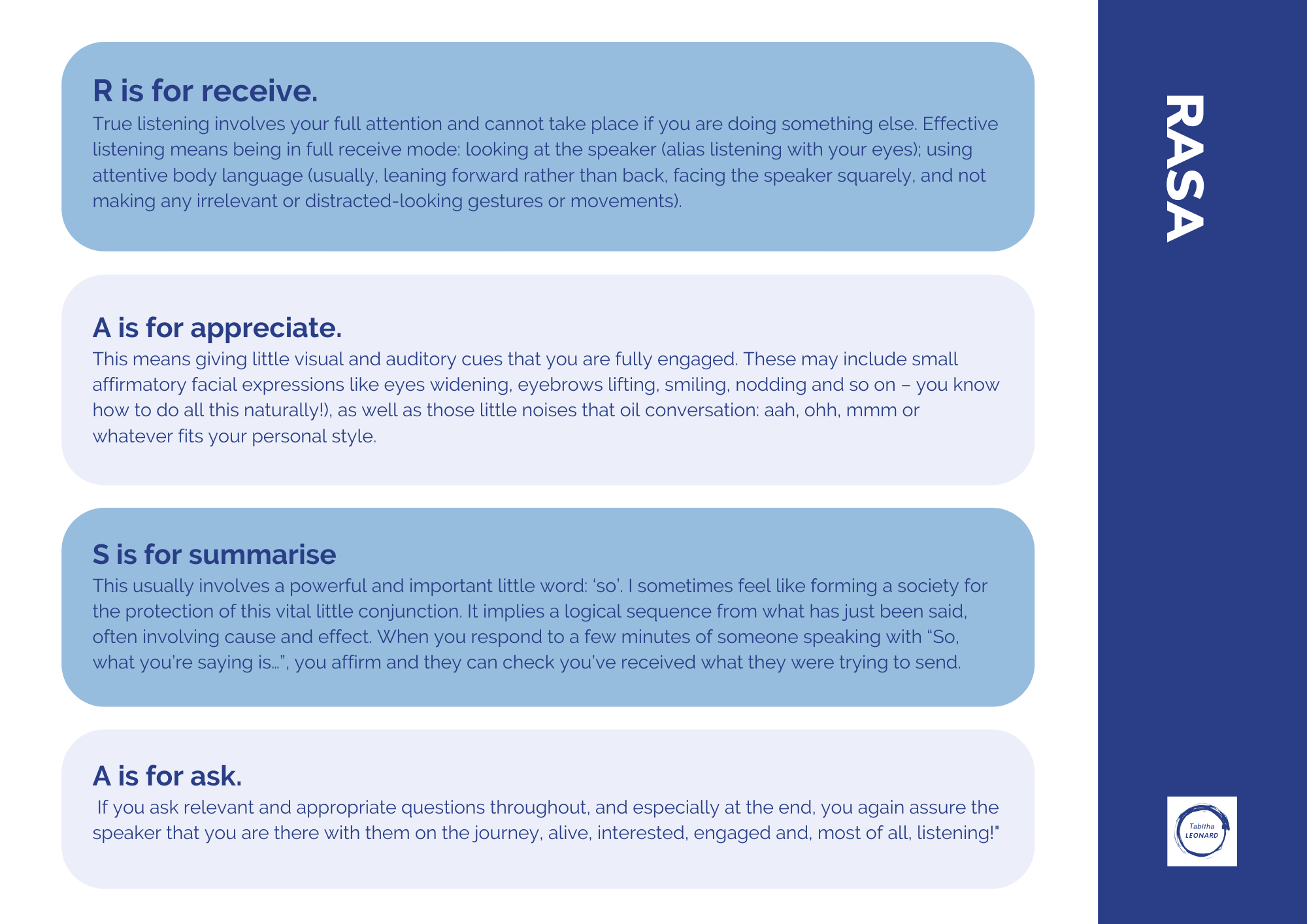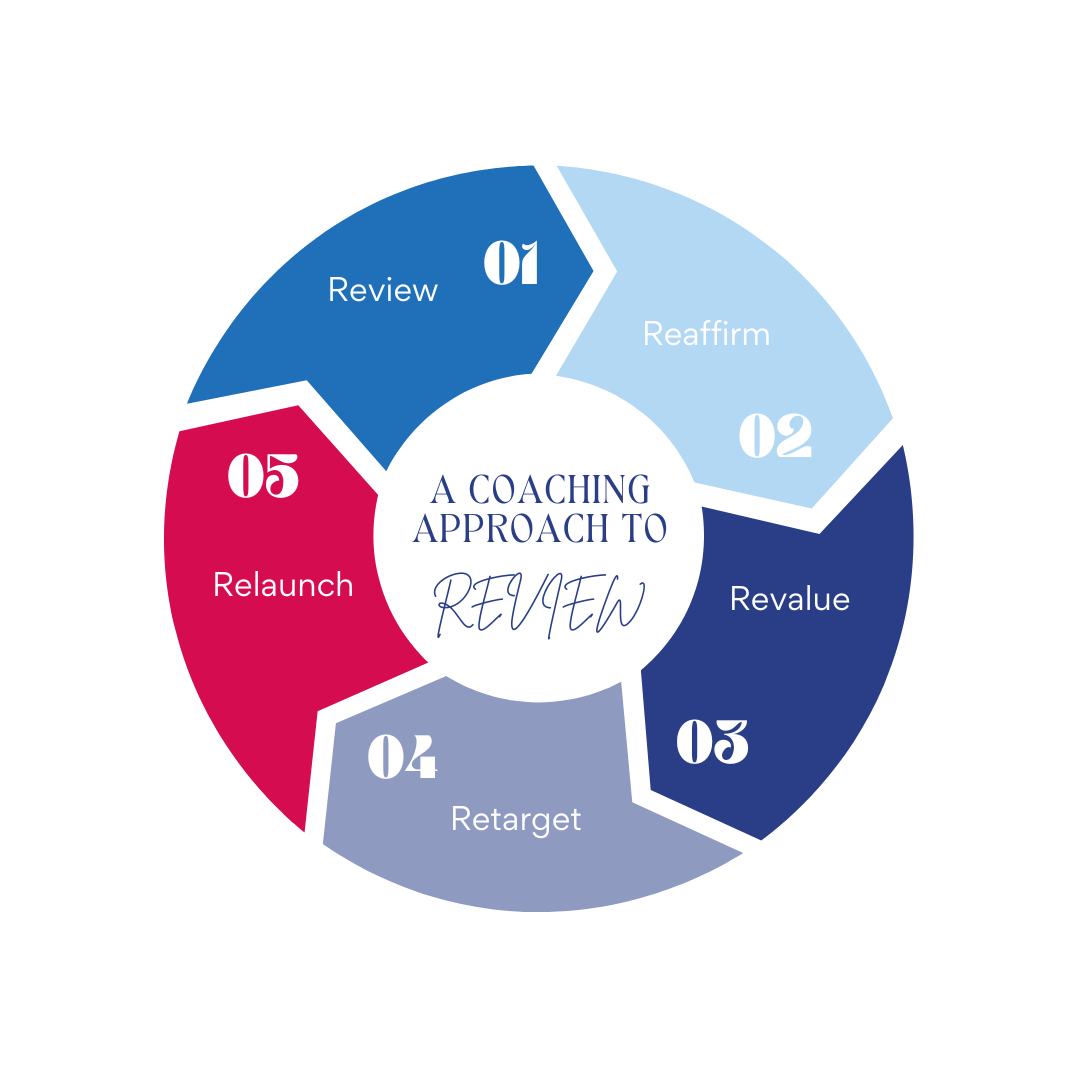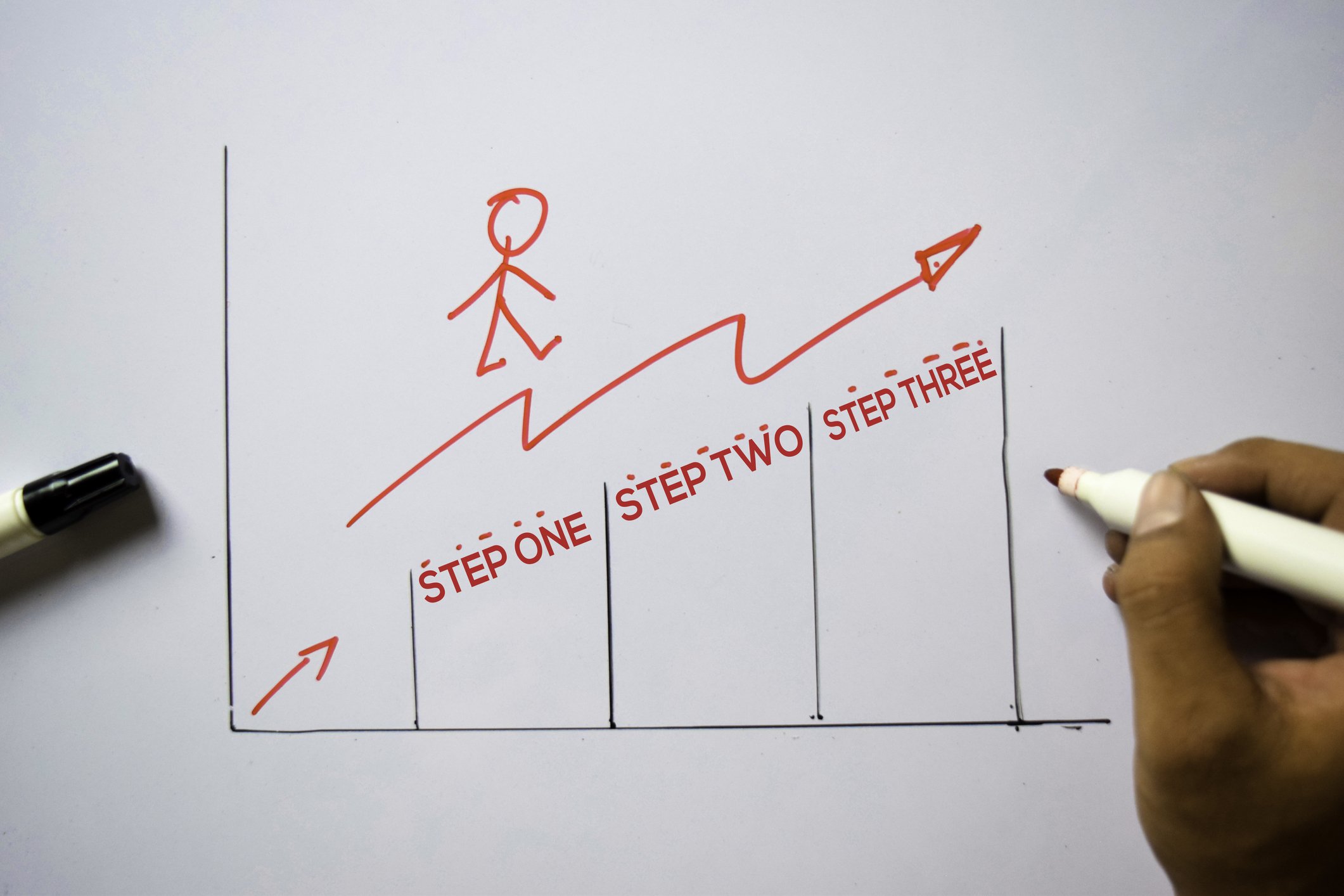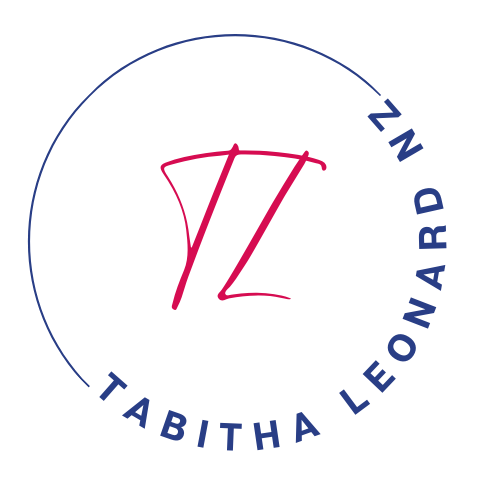Browse Blog

Why do we spend most of our time listening to fix?
When I reflect on the kinds of problems people bring to coaching conversations, they are often centred around the actions of another person. It is not uncommon to centre our challenges and issues around the actions of others. For example, it takes high levels of self-awareness for a person to pause and reflect on their contribution to the circumstances.
Interestingly, when we hear someone expressing frustration or difficulty with another person, we tend to offer advice.
It turns out—based on scientific research—that we literally only hear what we listen for. We pay special attention to what we expect to see, hear, feel, or taste.

Six Steps To Maintain Momentum
What I love about a coaching approach to conversations is that they are centred on the other person and inspire the expansion of thoughts, perceptions and ideas.
Coaching catalyses commitment because the coachee creates the change….. For the same reason you can't tickle yourself, your brain resists self-imposed testing of thoughts and reactions.
An ongoing conversation is needed to energise action and create sustainable change. While your coaching conversations will create amazing action plans, we are still working on one step of many when working towards a goal.

The 20/80 Rule For Setting Great Goals
Goals Don’t Generate Growth
Redefine Goals. Create Targets and Build Action Plans
I have always struggled with goals. Maybe it’s just me (probably not), or that I have an important memo about goals, but they have always felt lofty and untethered. So, I got curious. The definition of Goal - according to Dictionary.com is “A goal is an objective or target that someone is trying to reach or achieve.” - Yip, that’s my experience of a goal, and while useful, it fell apart at the action stage.
However, there is still something missing for me. […]

Practising Presence
Research indicates that in 80% of your conversations, your focus is not entirely on the conversation, and thus you are not fully present.
Attention and presence are directly correlated. Your attention determines what you perceive, learn and remember and how you interact with others, amongst other things. Attention can only be used in the moment, here and now and is partial to distraction.
We become distracted by all sorts of things. Distractions are the things that prevent us from being fully present in conversations, yet it is the one thing you can change that will transform your conversations.
Presence is a coaching intelligence core competency, and it begins with you and only you.

The Neurochemistry Of Listening
Leadership is listening.
It’s said that, on a typical business day, we spend 45% of our time listening, 30% talking, 16% reading and 9% writing. Amongst all this, the action that has the most impact on others is listening.
Imagine if you could amplify the impact you have in that fraction of time. Concerning strengthening the impact of leaders, imagine if we could also get the 30% - the talking fraction - right. That's an increased impact on a day's actions that make up 75% of your efforts as a leader.
Speaking + listening = 75%

Coaching Intelligence Principle Three - Presence
PRESENCE: Staying in the moment with full and conscious awareness of self and others, paying attention to the present moment, on purpose, and without judgment.
It is about being completely tuned in to the words people choose and the surfacing emotions. It is being aware of and understanding what is personally being thought and felt at any given moment and being careful not to project those thoughts and feelings onto the client.
Presence leads to a genuine and authentic connection.

Coaching Intelligence Principle Two - Trust
TRUST: Built on actions taken in the smallest moments. A journey, not an event. It is something that comes from within and is given to another person. Trust can be built on actions that relate to character and competence that exist when we demonstrate care, sincerity, reliability and competence.

Coaching Intelligence Principle One - Partnership
PARTNERSHIP: The way of being in a relationship with another in a coaching conversation. It is a relationship built on equality between people when they feel valued, seen, and heard. Partners can give and receive without judgement and derive sustenance and stability from the relationship.
Coaching reinforces respect and generates the trust and safety necessary for momentum and growth with partnership at its heart.

